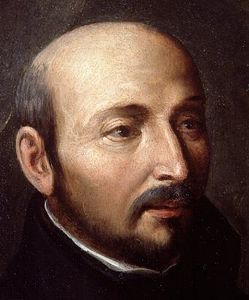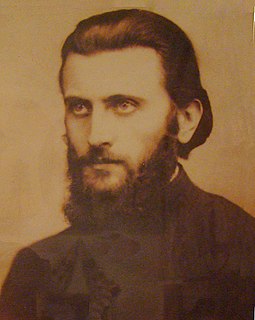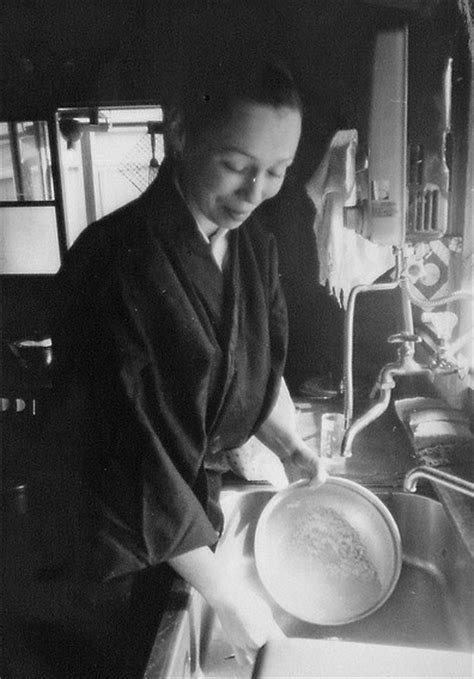A Quote by Silouan the Athonite
A certain monk told me that when he was very sick, his mother said to his father, "How our little boy is suffering. I would gladly give myself to be cut up into pieces if that would ease his suffering." Such is the love of God for people. He pitied people so much that he wanted to suffer for them, like their own mother, and even more. But no one can understand this great love without the grace of the Holy Spirit.
Related Quotes
Mother love has been much maligned. An over mothered boy may go through life expecting each new woman to love him the way his mother did. Her love may make any other love seem inadequate. But an unloved boy would be even more likely to idealize love. I don't think it's possible for a mother or father to love a child too much.
The Lord loves us so much that He suffered for us on the Cross; and His suffering was so great that we can't comprehend it. In the same way our spiritual pastors suffer for us, although we often don't see their suffering. The greater the love of the pastor, the greater his suffering; and we, the sheep, should understand this, and love and honor our pastors.
Loving a holy God is beyond our moral power. The only kind of God we can love by our sinful nature is an unholy god, an idol made by our own hands. Unless we are born of the Spirit of God, unless God sheds His holy love in our hearts, unless He stoops in His grace to change our hearts, we will not love Him... To love a holy God requires grace, grace strong enough to pierce our hardened hearts and awaken our moribund souls.
When a man finds that it is his destiny to suffer, he will have to accept his suffering as his task. . . . He will have to acknowledge the fact that even in suffering he is unique and alone in the universe. No one can relieve him of his suffering or suffer in his place. His unique opportunity lies in the way in which he bears his burden.
When a man finds that it is his destiny to suffer, he will have to accept his suffering as his task; his single and unique task. He will have to acknowledge the fact that even in suffering he is unique and alone in the universe. No one can relieve him of his suffering or suffer in his place. His unique opportunity lies in the way in which he bears his burden.
Joseph Smith visited me a great deal after his death, and taught me many important principles. . . . Among other things, he told me to get the Spirit of God; that all of us needed it. . . . He said, "I want you to teach the people to get the Spirit of God. You cannot build up the Kingdom of God without that." . . . But how is it with the Holy Ghost? The Holy Ghost does not leave me if I do my duty. It does not leave any man who does his duty.
My father had a real short fuse. He had a tough life - had to support his mother and brother at a very young age when his dad's farm collapsed. You could see his suffering, his terrible suffering, living a life that was disappointing and looking for another one. My father was full of terrifying anger.
If God causes you to suffer much it is a sign that He has great designs for you and that He certainly intends to make you a saint. And if you wish to become a great saint, entreat Him yourself to give you much opportunity for suffering; for there is no wood better to kindle the fire of holy love than the wood of the cross, which Christ used for His own great sacrifice of boundless charity.
The face of the Son of God, who, instead of accepting the sacrifice of one of his creatures to satisfy his justice or support his dignity, gave himself utterly unto them, and therein to the Father by doing his lovely will; who suffered unto the death, not that men might not suffer, but that their suffering might be like his, and lead them up to his perfection.
I know well, Monsieur, how much you have to endure in your present duty, and I ask Our Lord to strengthen you in your difficulties. It is in such circumstances that we acquire virtue; where there is no suffering, there is little merit. My wish is that God may grant us great indifference with regard to duties. O Monsieur, how sure we would then be of doing His Holy Will, which is our sole aspiration, and how much peace and contentment we would enjoy, or so it seems to me!
My father was a man of great charity towards the poor, and compassion for the sick, and also for servants; so much so, that he never could be persuaded to keep slaves, for he pitied them so much: and a slave belonging to one of his brothers being once in his house, was treated by him with as much tenderness as his own children.




























